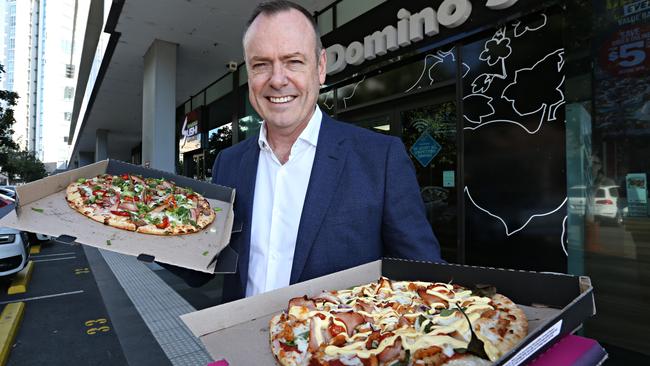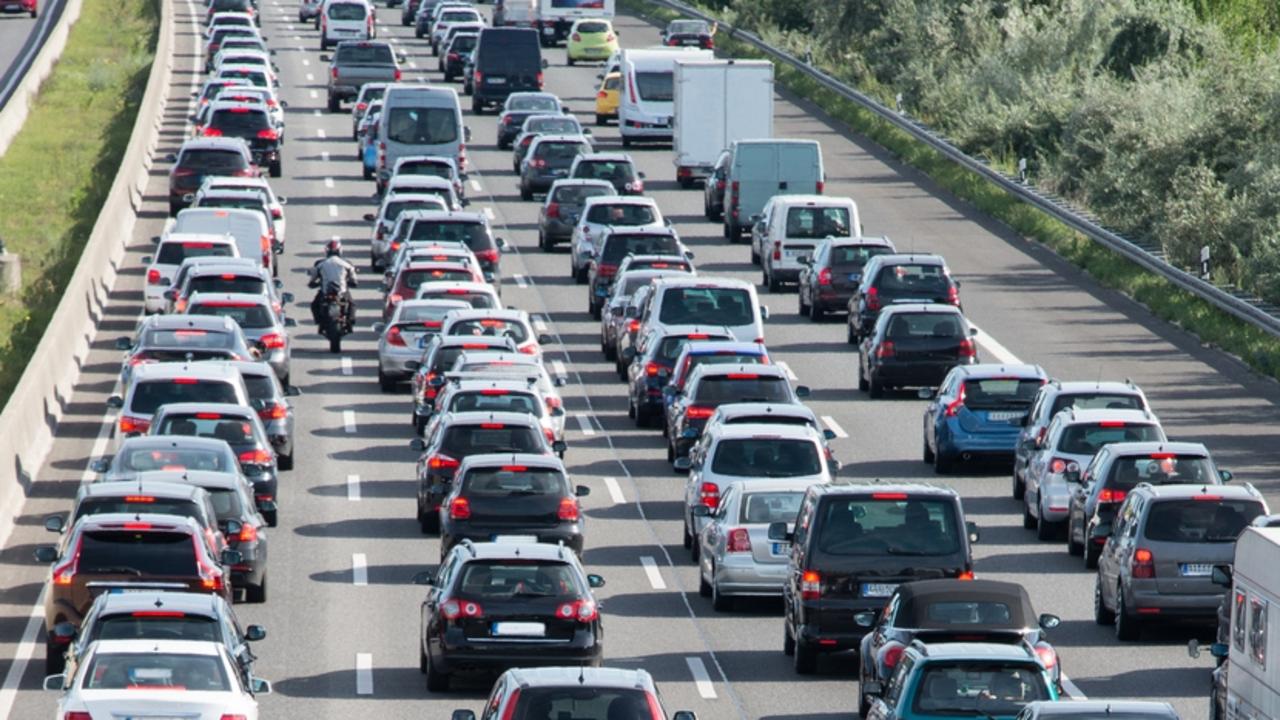
You might have expected the demand for Coke and pizza would be booming, as the coronavirus crisis keeps families indoors and takeaway orders increase.
But not according to analysts.
In a research note, Citi analysts say that they expect sales growth for Domino’s Pizza Enterprises to slow due to COVID-19 disruptions and that new store growth could suffer for at least 18 months.
In fact, the analysts believe that earnings per security for Australia’s largest pizza chain will fall by 3 per cent for the 2020 financial year.
This takes into account store shutdowns in France and New Zealand.
Same-store sales growth of 1.6 per cent is predicted for the second half of 2020 and 1.2 per cent in the first half of the 2021 financial year.
While near term there may be some benefit to sales as other forms of dining out are restricted, tCiti analysts say the two risks are that in places where COVID-19 cases are high, such as Europe, consumers are more likely to avoid delivery and that as income growth slows, there will be slower sales growth.
“We expect group gross openings to be closer to 150 stores per annum for 2020-2022, down from our previous estimate of 200-270 new stores per annum over this time period.”
This would reduce earnings before interest, tax, depreciation and amortisation by $29m.
Store openings should accelerate if economic conditions normalise, according to the analysts, but they believe more corporate stores or acquisitions would be needed to get closer to Domino’s long-term target of 5050 stores by 2030.
The Australian-listed Domino’s Pizza Enterprises is the world’s largest franchisee for the Domino’s Pizza brand and currently has a $4.41bn market value, falling from its 2020 peak of about $5.5bn in February.
The company currently has 2623 stores.
Domino’s UK has noted that greater delivery sales in the United Kingdom have outstripped the loss of pizzas being collected in March.
Meanwhile, analysts at Credit Suisse say Australian-listed drinks bottler Coca-Cola Amatil will likely have flat sales and lower earnings before interest and tax on the back of the current conditions.
However, they believe the company is well positioned to meet financial obligations, with $1.35bn of cash and undrawn debt at December, which is enough to cover all debts due within two years.
Consumers “pantry stocking” will lead to more sales of larger-sized drink bottles such as Coke and other soft drinks, as well as cans.
But the company will be impacted by the closure of high-margin restaurants, cafes and theatres and costs due to disruptions and altered logistics.
They assume the Coca-Cola Amatil’s bad debt risk is $20m.




To join the conversation, please log in. Don't have an account? Register
Join the conversation, you are commenting as Logout